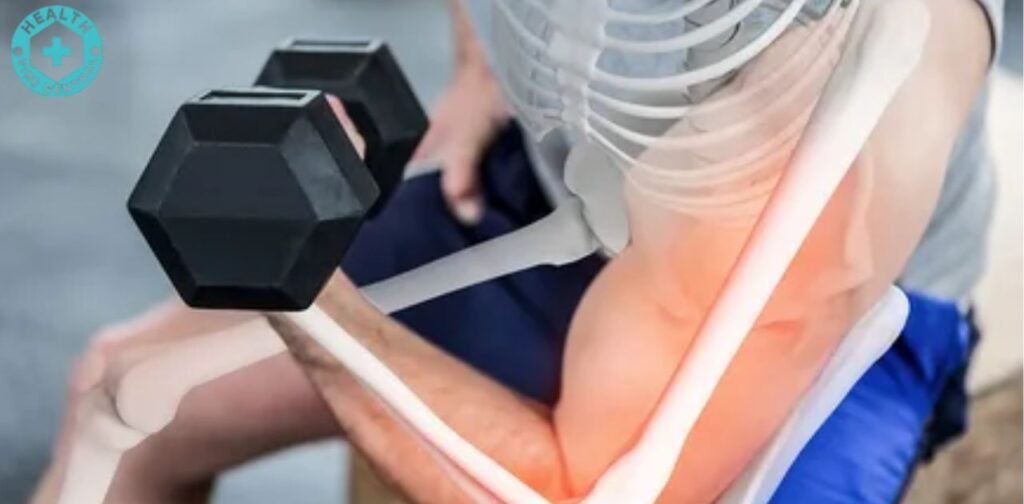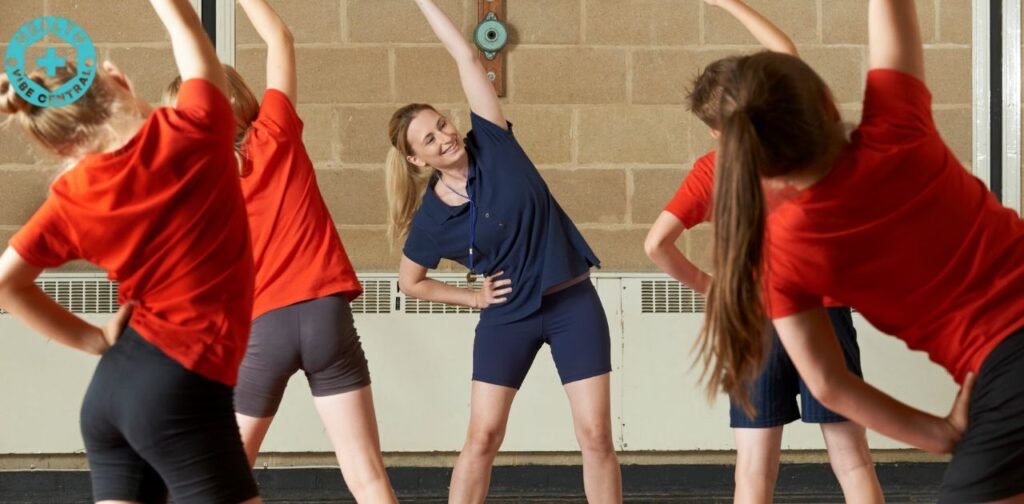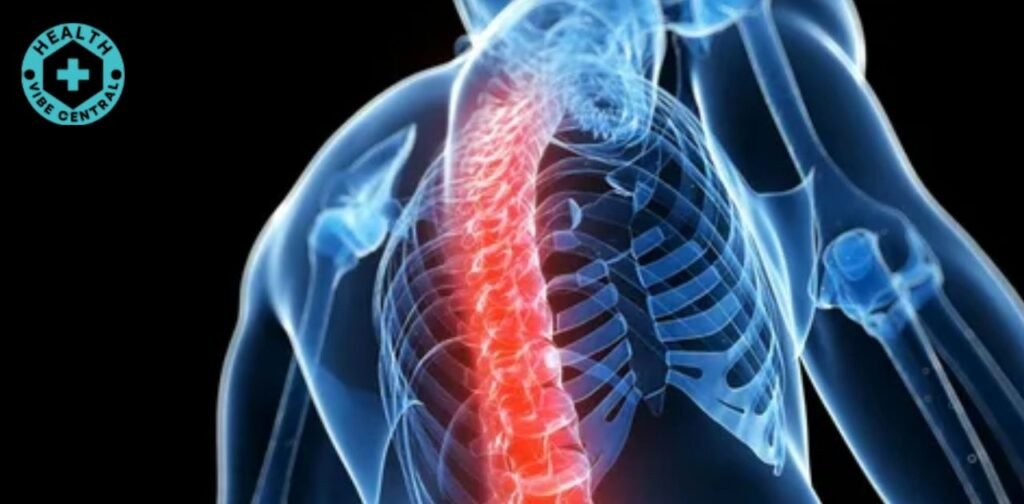
Medical attention to bones plays an essential role for the body to perform its essential movement-related functions along with maintaining posture and achieving strength. People experience weakness and additional density reduction in their bones during aging which can cause osteoporosis and fractures. Multiple precautions work to powerfully impact bone density strength at all stages of life in Bone Health
Bone tissue operates as a dynamic organic structure with ground substance that accepts crystalline deposition along with collagen fibers while bone function exceeds lack of movement to become an ongoing tissue remodeling process through bone remodeling between dismantling previous bone structure and building new bone from its components. Factors that influence
1. Understanding Bone Health
- Bone structure demands necessary micronutrients to function as support during each period of their entire lifespan.
- Weight training exercises serve as physical activities that aid new bone development and boost bone density levels.
- Estrogen and testosterone function as the major hormones which determine bone density.
2. Key Nutrients for Bone Health
2.1. Calcium
The mineral calcium stands among the significant compounds that enable the body to establish proper bone health.
Bone mineralization depends on calcium for development and this mineral serves as a key factor for blocking bone resorption processes. Recommended Daily Intake: Adults (19-50 years): 1,000 mg Women over 50 and men over 70: 1,200 mg Dairy products and vegetables form part of the recommended foods that contain calcium in Bone Health
2.2. Vitamin D
Intake of vitamin D by the human body enhances calcium absorption more effectively. Weak bones are a direct result of vitamin D deficiency which potentially leads to bone softening and deformed structures.
Recommended Daily Intake Adults (19-70 years): 600 IU Adults over 70: 800 IU otřebed amounts of vitamin D can be found through direct sunlight, oily fish, dairy products enriched with vitamin D and vitamin supplements.
2.3. Magnesium
Among these nutrients magnesium plays the most vital role since it activates vitamin D to its functional form which enables calcium absorption in Bone Health
Recommended Daily Intake: Men: 400-420 mg Women: 310-320 mg Sources: Fruits, vegetables, whole grains, nuts, and seeds, green leafy vegetables, and whole grains.
2.4. Vitamin K
The research of medical experts between recent years has investigated the impact of Vitamin K on bone metabolic functions and calcium control at both bone tissue and bloodstream locations. Recommended
Daily Intake: Adults: 90-120 mcg Poulsley 2009 reports that heart health benefits come from green leafy vegetables alongside broccoli as well as fermented foods.
3. The Importance of Physical Activity

3.1. Weight-Bearing Exercises
Such activities override the action of gravity and putting into practitioners certain exercises help to build bones
Examples: Stroll, run, dance, and aerobic exercises for minutes.
3.2. Resistance Training
It thus avoids cases of falls that are some of the leading causes of fractures in the older population.
Examples: Taking yoga, tai, chi and balance-training session.
3.3. Balance and Flexibility Exercises
Avoidance of falls protects older patients from belonging to the population group that experiences fractures frequently.
Examples: Taking yoga, tai, chi and balance-training session for Bone Health
4. Lifestyle Factors Affecting Bone Health
4.1. Avoid Smoking
The regular consumption of excessive alcohol presents a worse threat to bones even when consuming alcohol in small amounts results in bone weakness. Solid consumption numbers specify that both women and men need to maintain one drink intake daily.
4.2. Limit Alcohol Consumption
Regular drinking of large alcohol amounts leads to severe bone risks while moderate alcohol amounts cause bone brittleness. According to solid consumption data people of both sexes require only one alcohol drink consumption a day.
4.3. Maintain a Healthy Weight
The metabolic changes caused by Hypothyroidism result in underweight status which increases osteoporosis risk but obesity from Hypothyroidism heightens joint problems in the body. Regular food consumption and physical exercise minimizes the risk of obesity and other health conditions that harm your bone system.
5. The Role of Hormones
Sex hormones define the quantity of bone mass density in the human body at all stages of life. The hormones that positively affect bone health include:
5.1. Estrogen
The bones of women experience beneficial effects from estrogen processing. Menopause marks the period when women experience the reduced minimum levels of estrogen creating elevated conditions for osteoporosis to develop.
5.2. Testosterone
Sexual hormone levels determine how bone density is stored in male bodies. Minimal testosterone leads to one of many signs that involve reduced bone breakdown rate
5.3. Parathyroid Hormone
It is involved in blood calcium levels and bone remodeling.
6. Preventing Bone Diseases

6.1. Osteoporosis
Bones become disease-ridden with poor mineralization while simultaneously losing their mass in people suffering from osteoporosis. Risk factors include:
Family history
Sex presents greater impact on females more than males do. The body contains less calcium and vitamin D when someone consumes inadequate minerals. Proper nutrition must be implemented together with weight-bearing exercises as both smoking and alcohol use need to be avoided.
6.2. Osteopenia
A diagnosis of osteopenia exists when bone density falls below the highest normal level yet remains higher than he osteoporosis threshold. The prevention strategies for osteoporosis apply equally: people must focus on dietary control and exercise routines in combination with lifestyle modification.
7. Regular Check-ups and Bone Density Tests
Early detection of bone health problems depends on both standard medical check-ups with bone density testing.
Medical testing for bone density shows the amount of mineral content in bones to evaluate fracture potential.
8. Conclusion
Health preservation depends on maintaining healthy bones as the dense rigid tissues that make up the human body. When individuals eat nutritious food with proper exercise routines and suitable life choices they build stronger bones which protects against multiple bone illnesses..